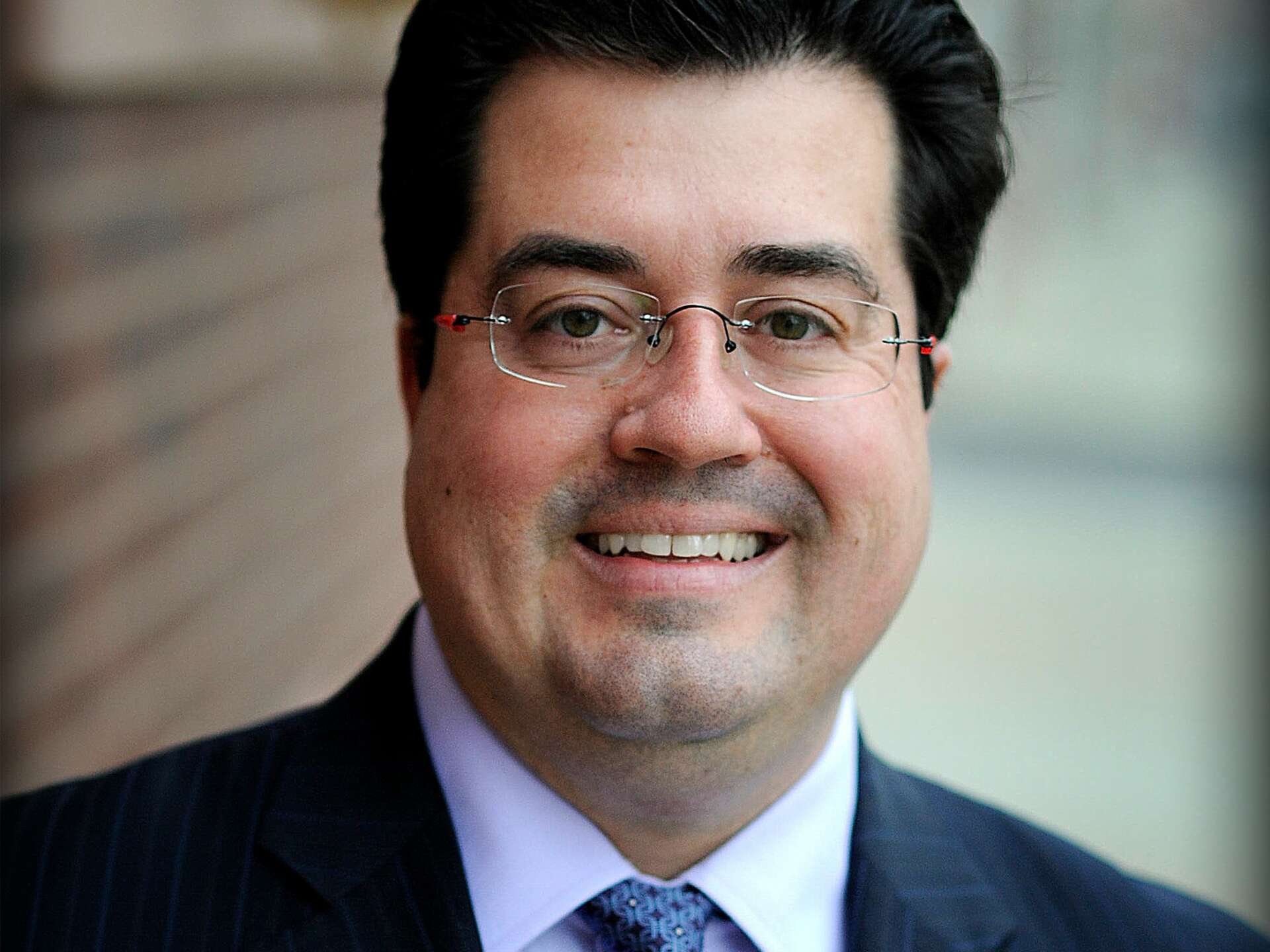Alright – so today we’ve got the honor of introducing you to Dr. J.D. LaRock. We think you’ll enjoy our conversation, we’ve shared it below.
Dr. LaRock, looking forward to hearing all of your stories today. Let’s start with education – we’d love to hear your thoughts about how we can better prepare students for a more fulfilling life and career.
The future of work is ever evolving with new technologies, jobs that didn’t exist before, and a new hybrid workforce. The U.S. education system has a real opportunity to evolve with new, better, and engaging ways to learn in order to prepare all learners for this future. Cutting-edge entrepreneurship education must be part of the solution. At its core, entrepreneurship education empowers students to discover their passions and own their futures. The Network for Teaching Entrepreneurship (NFTE) has seen success in igniting foundational entrepreneurial mindset traits – like adaptability, creativity, opportunity recognition, and self-reliance – through project-based, iterative learning that directly translates to postsecondary education, future careers, or business ownership.
Additionally, financial literacy and STEM education must be infused in this learning. CNBC recently shared a report that found more than half of adults in America are financially illiterate because they were never taught how to manage their money. Understanding how to successfully navigate finances is critical knowledge for students to have as they graduate high school — whether they are starting a new job and have to file taxes for the first time, are interested in attending college and need to know how loans work, or want to start a business.
There’s a growing movement of states that require students to take a financial literacy course to graduate. While we’re up to 15 states now, we have an opportunity for more states to accelerate this movement even further. NFTE and entrepreneurship education can be a meaningful part of this — helping youth think about wealth creation and ownership early on in life. Students should also have regular opportunities in and outside of the broader academic program to learn futureproof skills such as coding, global thinking, digital literacy, and communication. Pulling back the curtain between students and real-world STEM by increasing exposure to data mining, cloud computing, machine learning and artificial intelligence and the vast array of STEM industries is imperative because the future of work is now.
Lastly, high-impact mentorship is crucial for student success. Perhaps the most underutilized strategy for helping students reach their full potential is quality mentorship that contributes to their growth and development. We realize the value of involving diverse entrepreneurs and business professionals in our work. Every year our corporate partners’ teams — EY, Santander, Citi, Intuit, MetLife, PayPal, and SAP — contribute thousands of volunteer hours. Our research shows that NFTE alumni are most impacted by their relationships with volunteers and maintain those relationships years later.
Including entrepreneurship education in every school with experiential learning, financial literacy, and mentorship opportunities would absolutely lead to a tidal wave of economic productivity, inclusion, and societal success.
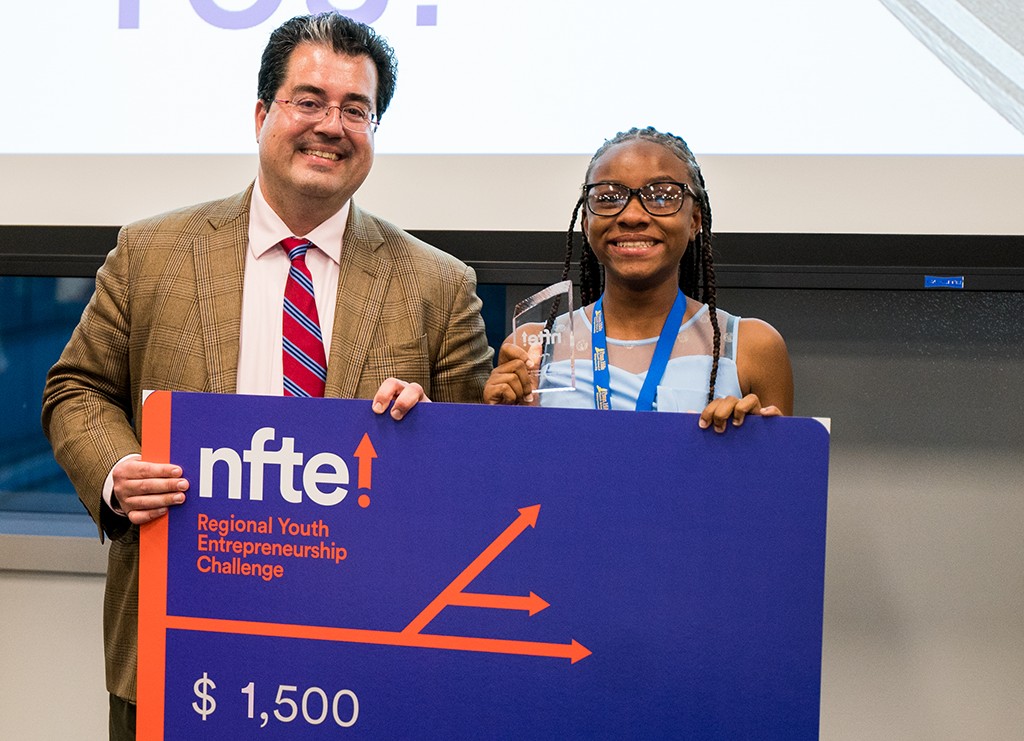
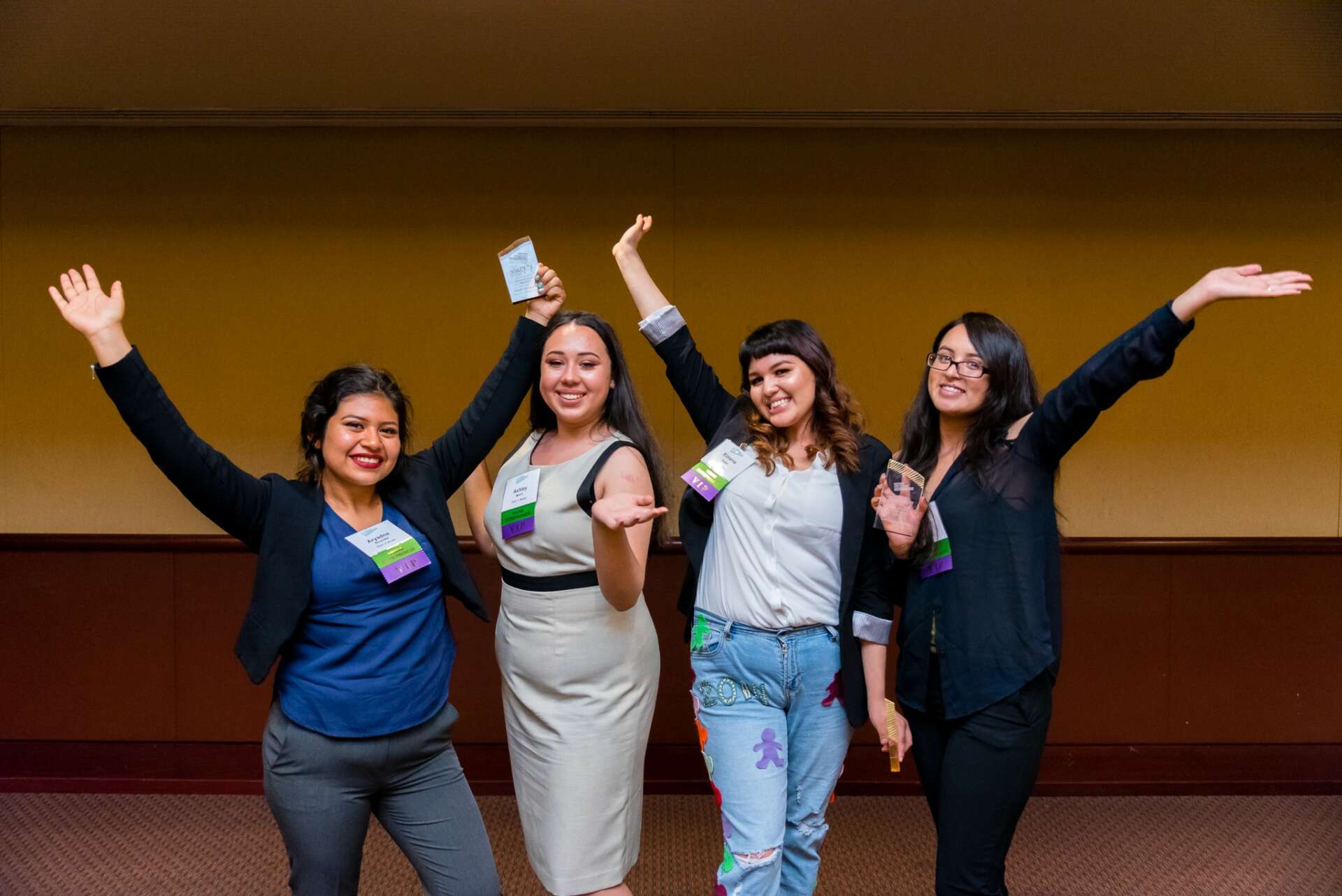
Great, appreciate you sharing that with us. Before we ask you to share more of your insights, can you take a moment to introduce yourself and how you got to where you are today to our readers.
I’m the president & CEO of the Network for Teaching Entrepreneurship (NFTE), a global nonprofit organization that provides high-quality entrepreneurship education to middle school, high school and young adult students from under-resourced communities.
Previously, I was leading Massachusetts’ workforce development authority under Governor Charlie Baker. A key task of our agency was providing educational services to youth in the juvenile justice system. One of our most successful programs involved entrepreneurship education. Young people who were incarcerated actually launched successful businesses — footwear refurbishment, culinary food service, and more — from behind the wall. That really stuck with me. I was intrigued by how entrepreneurship education sparked their passion and helped them discover their value in meaningful ways. They could see a real pathway to life beyond the wall.
When I was approached to become CEO of NFTE, I knew it was a special opportunity to go beyond the state level to do this work nationally and globally. NFTE is unique in that it ignites the entrepreneurial mindset – those key traits that already live within our students – with experiential and project-based learning experiences that empower students to take ownership of their futures, whether they are running their own businesses, attending postsecondary education, or joining the workforce. For me, having these entrepreneurial mindset traits has been crucial in my own career.
While I did not have a formal education in entrepreneurship, I have always made a point of not just staying in one lane but studying a diverse array of subjects and growing different internal entrepreneurial mindset domains. Because I was a good communicator and writer, I was able to become a television reporter despite not having gone to journalism school or having any experience in journalism and reporting. Because I was a good critical thinker and problem solver, I was given the opportunity to work as a congressional staffer on education policy even though I had no experience in that area previously. Because I had a certain level of comfort with risk, I could recognize these career opportunities and put my best foot forward to reach them.
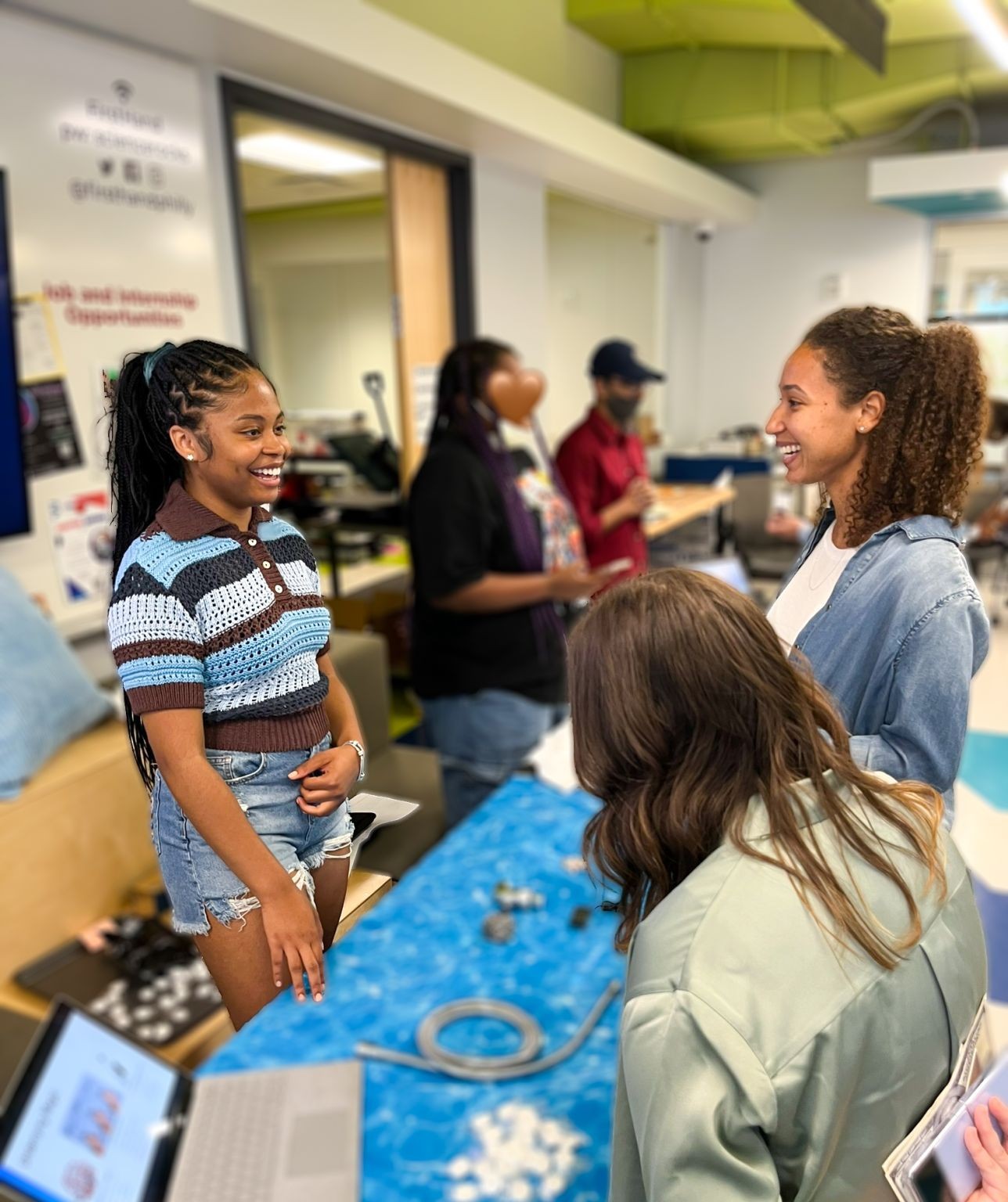
We often hear about learning lessons – but just as important is unlearning lessons. Have you ever had to unlearn a lesson?
The lesson I had to unlearn is thinking that I always needed to have the right answer. Growing up, I was a devoted student in school, and a lot of traditional schooling is about always providing the “right” answer. As I got to college and worked as an assistant to an administrator in one of the political science programs, my supervisor would ask me questions to which I sometimes didn’t know the right answer, but I would give an answer anyway. Thankfully, she picked up on the fact that I was guessing sometimes and told me that it’s OK to say, “I don’t know.” Later, when I went to work for Senator Kennedy, I heard a colleague talking with him about an issue and when he asked her a question, she said, “I don’t know, but I can find out.” Those two moments together demonstrate the same broad lessons we’re trying to inculcate with our students in developing the entrepreneurial mindset – namely that there are not always clear-cut answers and that it’s OK to not be perfect and not have all the answers to everything. What really matters is that you are resourceful enough and willing to either learn or investigate. Those two moments have also proven overtime to be more and more important for my own career, as I’ve served in CEO roles in these last 7 to 10 years. I’ve discovered that there are rarely clear-cut answers in life, there are just choices and trade-offs, and you have to make the best choice that you can with the information that you have. Understanding this has been both liberating and empowering in my professional life.
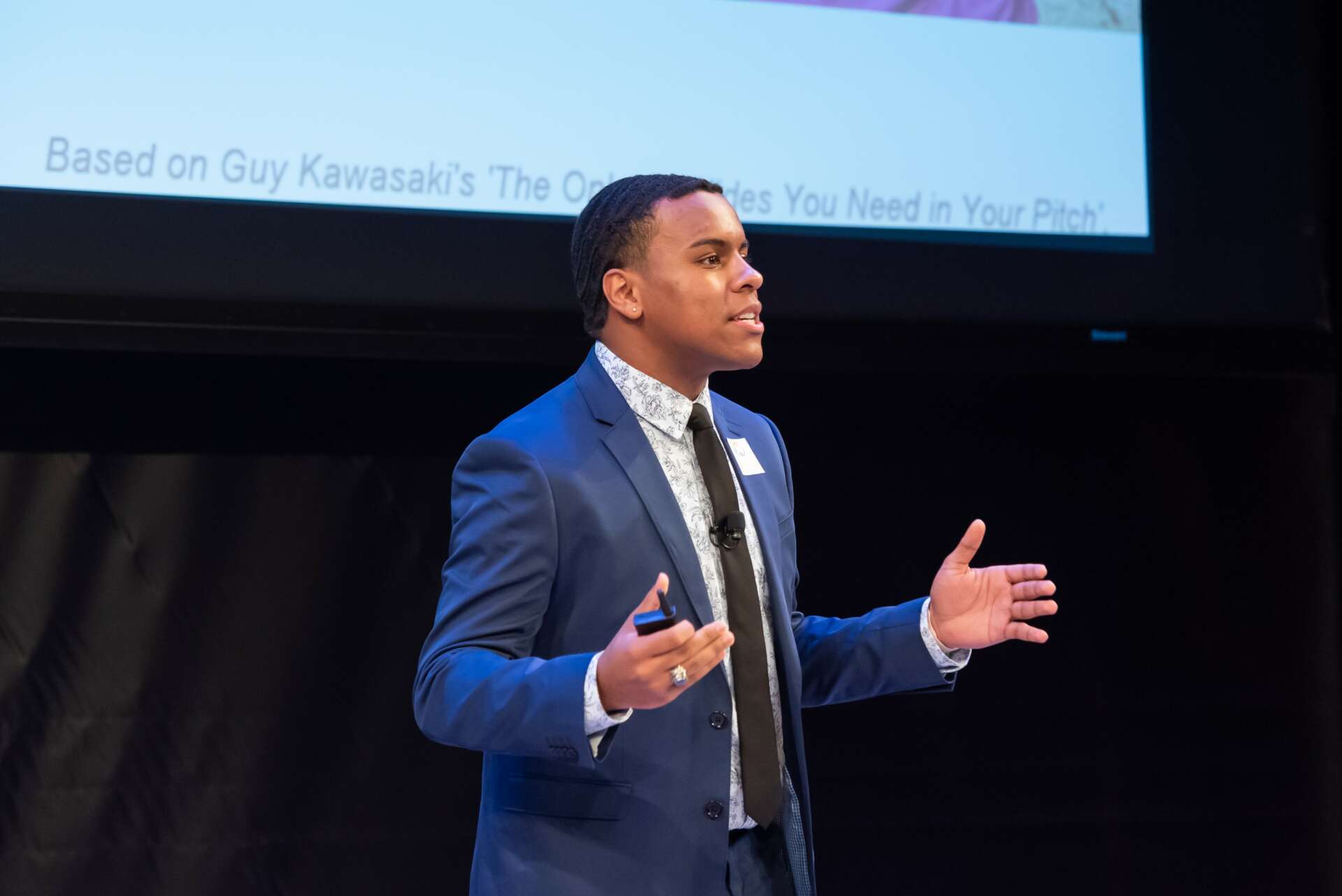
Are there any books, videos, essays or other resources that have significantly impacted your management and entrepreneurial thinking and philosophy?
I personally am very inspired by the thinking of the Enlightenment and the era of political and natural philosophers like John Locke and Thomas Paine who inspired our own U.S. founders in launching the great American experiment. Our particular country philosophy celebrates the inherent value and potential of the individual. Those were radical ideas at the time because, of course, the going idea was that most people were on Earth to serve monarchs who were regarded as having divine rights and power over the rest of humanity. I still think that those ideas are really powerful in this day and age, and they directly connect to the key ideas that we advance at NFTE in developing the tenets of the entrepreneurial mindset. At NFTE, we’re not really giving learners new information, we’re just giving them tools to unlock many of the gifts that they already have inside them. The Enlightenment philosophers regarded all humans as having brilliant individual ability. While this wasn’t applied equitably at our country’s founding, it is imperative that we as a society continue to work toward that ideal, and to me, it’s clear that entrepreneurship education finds common ground with those ideas.
Another book I would mention is Dale Carnegie’s “How to Win Friends and Influence People.” Some would say it’s a little outdated, but I think many of the ideas still work today. A big idea in the book is to really seek to understand other people – who they are, what they are interested in, and what motivates them – as a way to relate to them and lead them. The biggest lesson I’ve learned from the book is that leading starts with listening and understanding who you’re talking to. Leading is about tapping into what is important to others, not just about how you see the world and what you value.
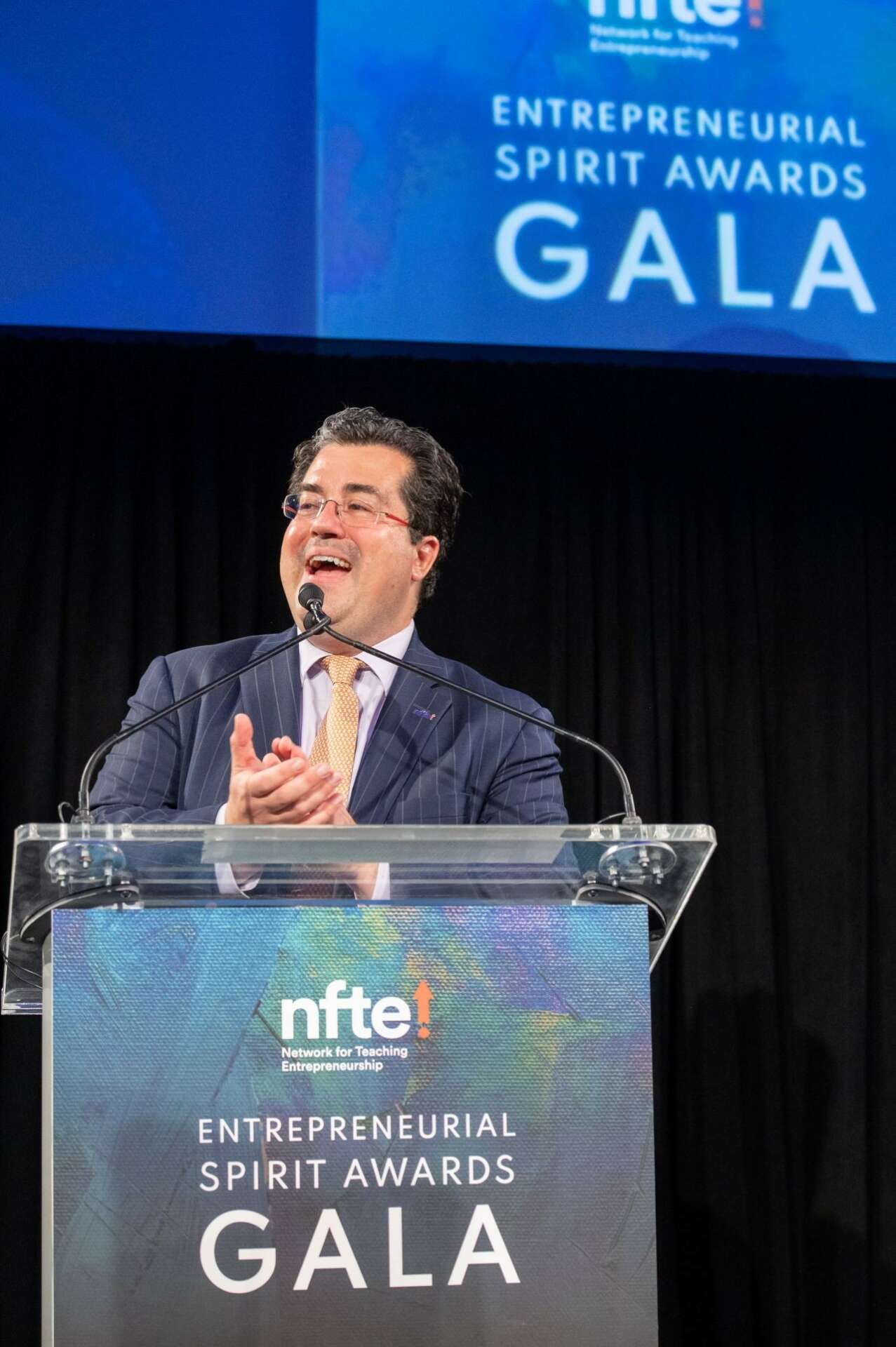
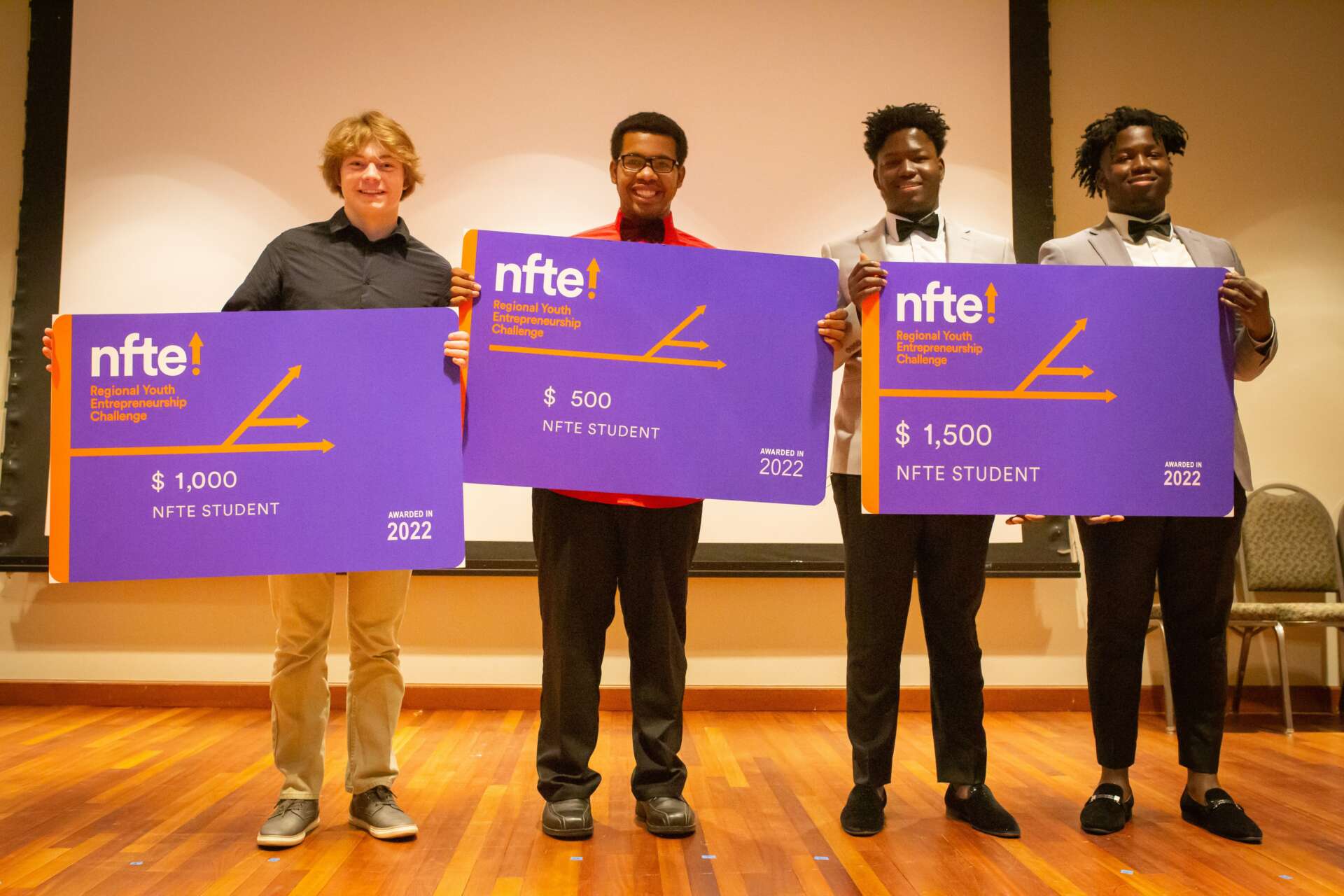
Contact Info:
- Website: https://www.nfte.com/
- Instagram: https://www.instagram.com/nfte/
- Facebook: https://www.facebook.com/NFTE
- Linkedin: https://www.linkedin.com/in/j-d-larock-j-d-ed-d-56765298/
- Twitter: https://twitter.com/nfte
- Youtube: https://www.youtube.com/@NFTEvideos
- Other: Network for Teaching Entrepreneurship (NFTE) ignites the entrepreneurial mindset with unique learning experiences that empower students to own their futures. A global nonprofit founded in 1987, NFTE provides high-quality entrepreneurship education to middle school, high school, and postsecondary students. NFTE brings the power of entrepreneurship to students, regardless of family income, community resources, special needs, gender identity, race, or ethnicity. NFTE has educated more than a million students, delivering our programs in school, out of school, in-person, online, or through hybrid models. Visit nfte.com to learn more.


